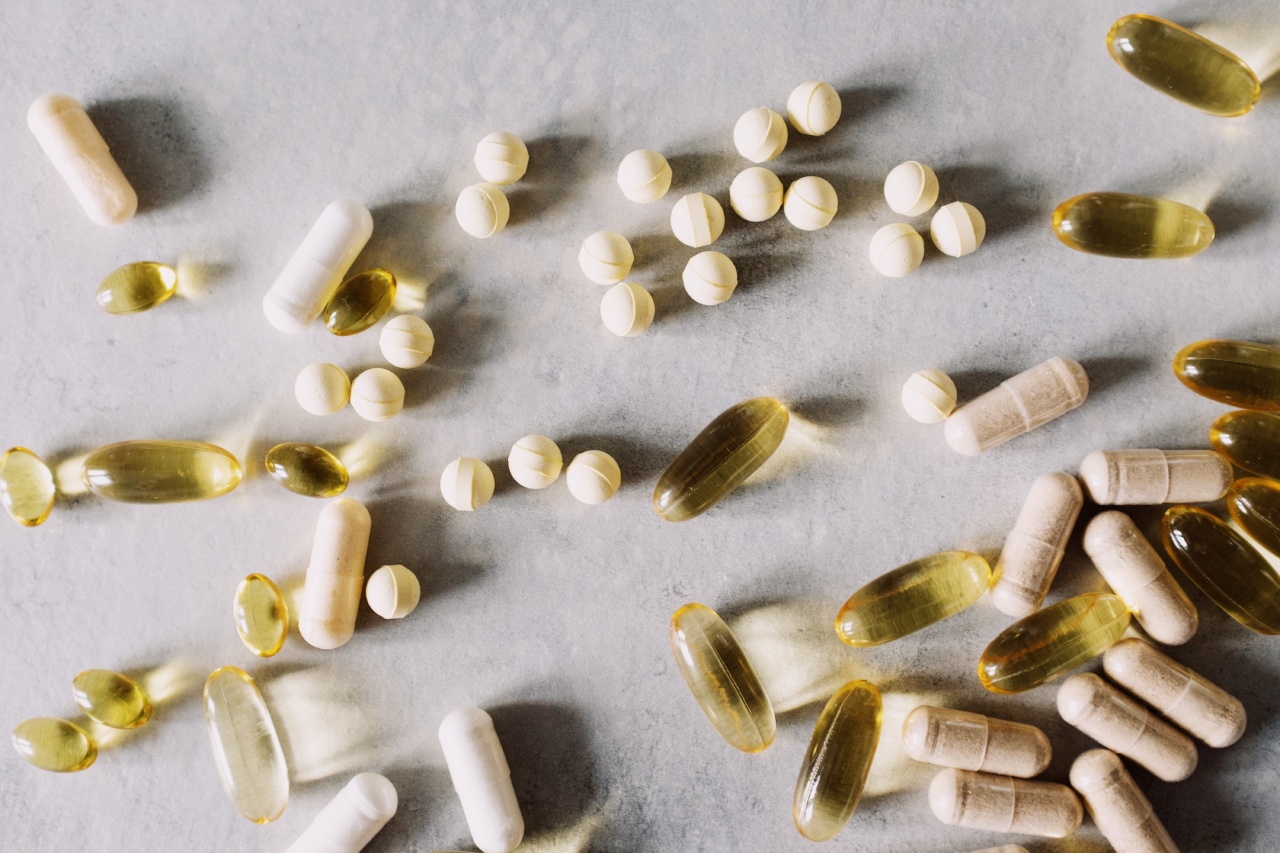Heart attack, stroke, and other cardiovascular diseases have become widespread health problems over the past few years. According to the World Health Organization (WHO), over 17.9 million deaths are caused by cardiovascular disease each year.
These diseases are known to affect people of all ages, backgrounds, and lifestyles. The good news is that there are ways to prevent infarction and stroke, and one of those ways is by taking supplements.
Understanding Infarction and Stroke
Infarction is a medical term that refers to the death of a tissue or organ due to a lack of blood supply. It commonly affects the heart, kidneys, lungs, and brain.
On the other hand, stroke is a condition that occurs when the blood supply to the brain is disrupted or blocked, leading to the death of brain cells.
Both infarction and stroke have specific risk factors that increase the likelihood of their occurrence. Some of these factors include high blood pressure, high cholesterol, smoking, lack of physical activity, obesity, and poor diet.
How Supplements Can Help Prevent Infarction and Stroke
Supplements are a popular way of maintaining good health and prevent some diseases. They are available in various forms, including pills, capsules, liquids, and powders.
When taken appropriately, some supplements may help prevent the risk factors that cause infarction and stroke. For example, studies have shown that the following supplements can help:.
1. Omega-3 Fatty Acids
Omega-3 fatty acids are found in fish oil, flaxseed oil, and walnuts. These fatty acids help reduce inflammation, which is a common cause of cardiovascular disease.
They also help lower triglyceride levels and blood pressure, which are significant risk factors for stroke and infarction.
2. Vitamins B6, B12, and Folic Acid
These vitamins help reduce the levels of homocysteine, an amino acid that is known to damage blood vessels. High levels of homocysteine are linked to an increased risk of stroke and infarction.
Vitamins B6, B12, and folic acid can be found in leafy green vegetables, beans, and fortified cereals.
3. Magnesium
Magnesium is a mineral that helps regulate blood pressure, reduces inflammation, and prevents blood clots. It is also known to help prevent arrhythmias, which can be a risk factor for stroke and infarction.
Magnesium-rich foods include spinach, almonds, and avocados.
4. Coenzyme Q10
Coenzyme Q10 is an antioxidant that helps prevent cell damage. It also helps lower blood pressure and reduces inflammation, both of which can contribute to cardiovascular disease.
Coenzyme Q10 is found in fatty fish, whole grains, and vegetables like spinach and cauliflower.
5. Vitamin D3
Vitamin D3 helps regulate blood pressure and reduce inflammation. It is also essential for bone health and immune function. Some studies have shown that low levels of vitamin D3 are linked to an increased risk of stroke and infarction.
Vitamin D3 can be found in fatty fish, egg yolks, and fortified dairy products.
6. Garlic
Garlic is a natural remedy that has been used for centuries to treat various ailments. Recent studies suggest that garlic can help lower blood pressure and prevent blood clots, both of which are risk factors for stroke and infarction.
Garlic can be added to various dishes or taken as a supplement.
7. Resveratrol
Resveratrol is an antioxidant that is found in grapes, red wine, and berries. It helps prevent blood clots and reduces inflammation, which are significant risk factors for stroke and infarction. Resveratrol is also known to help regulate blood pressure.
8. L-arginine
L-arginine is an amino acid that helps improve blood flow by dilating blood vessels. It also helps lower blood pressure and reduce inflammation. L-arginine can be found in meat, fish, and dairy products or taken as a supplement.
9. Curcumin
Curcumin is a compound found in turmeric, a spice commonly used in Indian cuisine. It helps reduce inflammation and prevent blood clots, both of which contribute to cardiovascular disease. Curcumin can be added to various dishes or taken as a supplement.
10. Green Tea Extract
Green tea extract is rich in antioxidants known as catechins. These compounds help reduce inflammation and prevent the formation of blood clots. Some studies have shown that green tea extract can also help reduce blood pressure.
Final Thoughts
Supplements can be a valuable addition to your diet and can help prevent cardiovascular disease.
However, before taking any supplement, consult with your healthcare provider to ensure they will not interact with any medication you are taking and will not cause harm to your health.




























